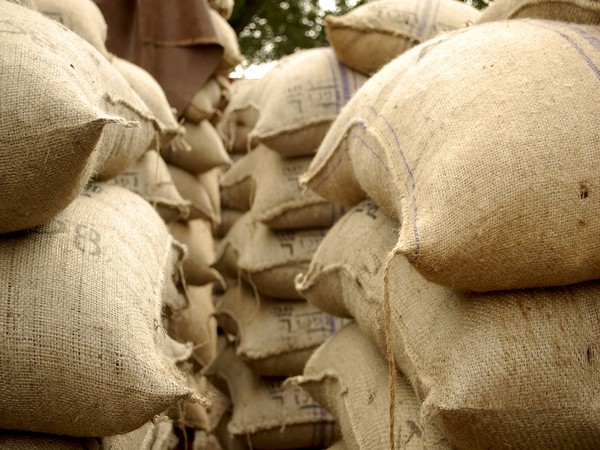The jute industry in India grappled with challenges in 2024, including a nearly 30% drop in demand for food grain and sugar packaging bags, leading to reduced working hours in mills, according to industry stakeholders. The downturn has been attributed to decreased procurement of jute bags.
The Indian Jute Mills Association (IJMA) reports a substantial reduction in demand for jute packaging bags during the 2024-25 period. As a result, many jute mills have had to cut operational shifts and working hours, which has led to job losses and financial burden across the sector.
According to the IJMA, the non-implementation of the revised formula for the pricing of finished jute goods supplied to the government remains a “pressing concern” for mill owners as the existing price mechanism is “old and outdated” and has led to “reduced profitability”. Although the government has decided to revise the pricing formula, details are still awaited.
Rishav Kajaria, Deputy Chairman of the IJMA highlighted that the sugar industry’s “non-compliance with the mandatory 20 per cent jute packaging requirement under JPMA, 1987” has further reduced demand for jute bags, reported PTI.
Jute Commissioner Moloy Chandra Chakravorty, however, presented a different perspective on the year.
He described it as a “normal year” without significant disruptions, noting that the reduced production in the 2024-25 jute season—down to approximately 73 lakh bales from 91 lakh bales the previous year—helped stabilize prices, which had been affected by a glut and large carryover stocks in the two preceding years.
In response to the industry’s challenges, the government raised the minimum support price (MSP) for raw jute to Rs 5,335 per quintal for the 2024-25 season, an increase of ₹285 from the previous year. This price hike is aimed at ensuring farmers receive a fair return on their produce. The Jute Corporation of India has also reported record procurement levels of raw jute to support farmers and protect their interests.











